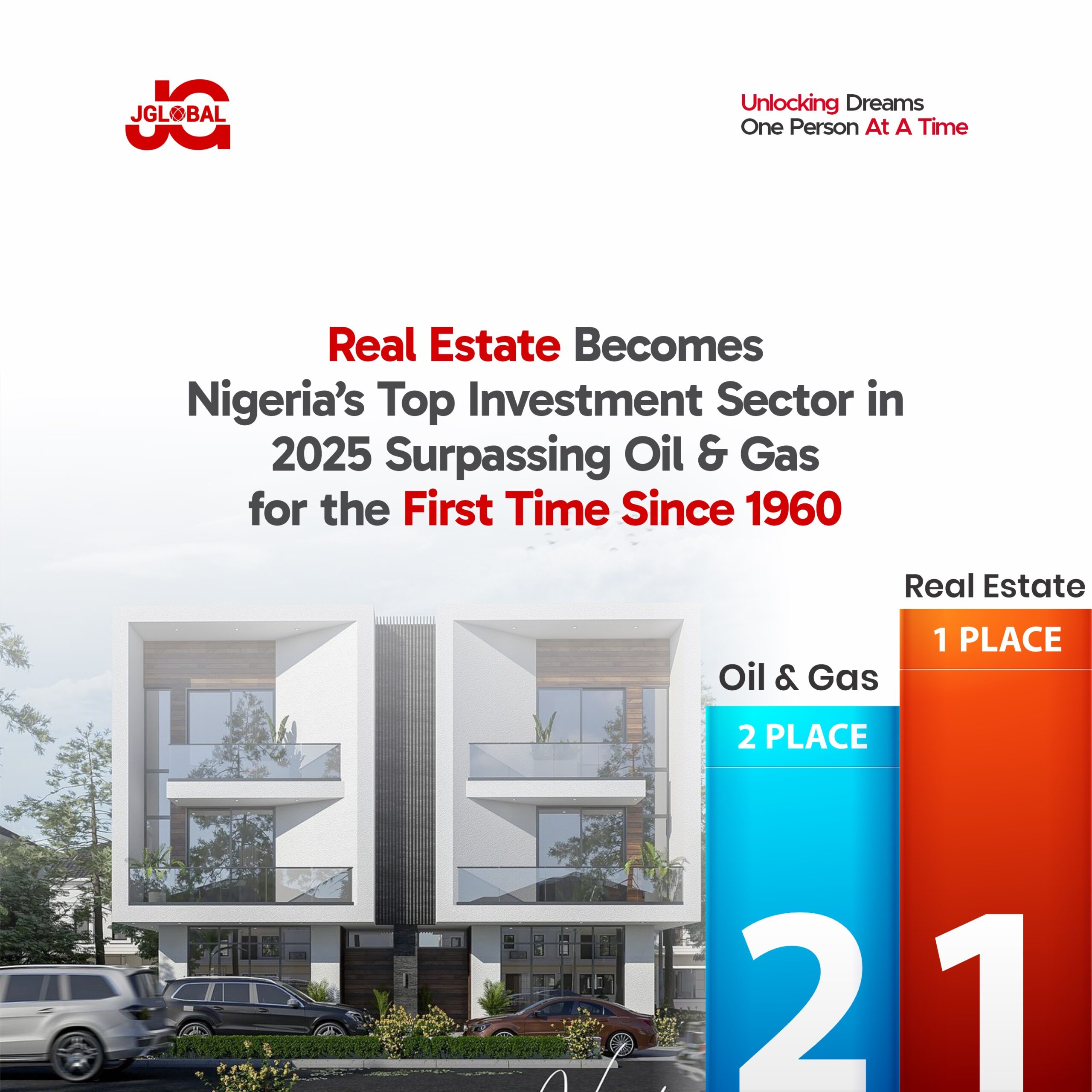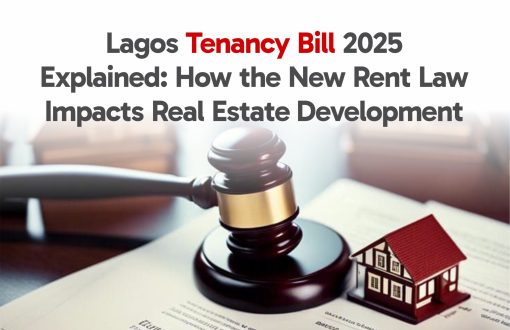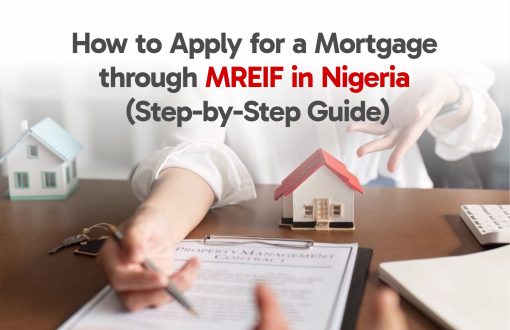Real Estate Becomes Nigeria’s Top Investment Sector in 2025 – Surpassing Oil & Gas for First Time Since 1960

Introduction
For the first time since 1960, real estate has officially overtaken oil & gas as the top investment sector in Nigeria’s economy. In just the first quarter of 2025, the real estate industry contributed ₦16.42 trillion to the nation’s GDP, an impressive 80% jump from ₦9.12 trillion in the previous quarter.
This growth pushed real estate’s share of the GDP to 17.5%, marking a major turning point in Nigeria’s investment landscape.
In this article, we will discuss what caused this boom and how you can benefit from it as an investor.
What Caused the Surge?
- GDP Rebasing Uncovered Hidden Value
In 2024, the National Bureau of Statistics (NBS) updated Nigeria’s GDP base year from 2010 to 2019. This rebasing revealed that the real estate sector had been seriously underreported.
Before the rebasing, real estate’s GDP contribution was ₦10.5 trillion. After the update, it jumped to ₦30.7 trillion, and by early 2025, it hit ₦41.3 trillion overtaking oil & gas, construction, and even telecoms.
- Urban Growth and a Massive Housing Gap
Nigeria’s population crossed 220 million in 2025, with more people moving to cities like Lagos, Abuja, Port Harcourt, and Ibadan.
The country currently has a housing deficit of over 28 million units, and demand is growing by about 8% yearly while supply is only increasing by 5%. This rising demand is pushing more investment into residential and commercial developments.
- Foreign & Diaspora Investment Is Booming
Nigerians in the diaspora are investing heavily in properties back home. In 2024 alone, remittances from abroad hit $24.3 billion, with a significant portion flowing into real estate.
Luxury apartments, short-let units, and serviced estates are popping up across key cities funded by Nigerians living in the UK, US, Canada, and Dubai. International investors are also entering the market, seeing Nigeria as a high-growth region.
- Government-Led Housing Projects and Partnerships
The government is now partnering with private developers to close the housing gap. Initiatives like the Renewed Hope Cities under the Federal Ministry of Housing are rolling out affordable housing estates in over 24 states, aiming to deliver over 100,000 units by 2026.
Tax incentives, faster land documentation, and easier financing from banks and mortgage institutions are also making real estate more attractive for developers and buyers alike.
Read more: 10 shocking myths in the real estate market
Key Stats at a Glance
| Metric | Value (2025) |
| Real estate GDP | ₦16.42 tn (Q1 2025) |
| Real estate share of GDP | 17.5% |
| Growth in Q3 2024 year‑on‑year | 46.5% |
| Market size (Statista) | $2.61 trillion |
| Residential segment | $2.25 trillion |
| Forecast CAGR (2025–29) | 6.9% |
How Investors Can Benefit from Nigeria’s Real Estate Boom
With real estate now Nigeria’s top investment sector in 2025, this is the best time for smart investors, home and abroad, to get in.
Here’s how you can benefit:
- Enjoy Strong Rental Income
Rental demand is rising fast in major cities like Lagos, Abuja, and Port Harcourt, especially in fast-developing areas like Ajah, Gwarinpa, and Eliozu. Investors are earning rental yields of 6–12% annually, depending on the location and property type.
If you own short-let apartments or serviced homes in places like Lekki Phase 1, you can charge premium rates all year round, thanks to a steady stream of corporate tenants, remote workers, and tourists.
- Capitalize on High Demand from Diaspora Buyers
With remittances hitting over $24 billion in 2024, a lot of Nigerians abroad are buying property back home either for family use or future retirement.
If you’re a developer or property agent, this is a golden opportunity to build or flip for the diaspora market. Think high-spec homes, secure estates, and flexible payment plans. Diaspora clients are looking for trusted partners who can deliver.
- Flip Land in Growing Cities
Outside Lagos and Abuja, cities like Ibadan, Uyo, Enugu, and Asaba are heating up. With better infrastructure and more tech hubs springing up, land prices in these areas are rising steadily.
Investing in plots now even with ₦700k or ₦5 million can bring solid returns in a few years as demand grows. Just make sure to buy in places with road access, titles, and actual development plans.
- Take Advantage of Government-Supported Housing Schemes
The Renewed Hope Cities project is creating new towns and estates across Nigeria, especially in underserved areas. Investors and developers who partner with the government or key players in these schemes can benefit from land subsidies, tax breaks, and faster project approvals.
There are also mortgage support programmes to help low- and middle-income buyers own homes meaning more people ready to rent or buy from you.
Read more: Zoning laws in Real Estate
Conclusion
As of mid-2025, it’s clear, real estate is no longer playing catch-up. It has officially overtaken oil & gas in economic importance, driven by urban expansion, rising housing demand, better data from the GDP rebasing, and increased investor confidence.
What used to be seen as a slow, uncertain investment is now one of Nigeria’s most profitable and stable sectors. Whether you’re a first-time buyer, a seasoned investor, or a developer, the signs are clear: real estate is where the future is.
And with new tools, flexible platforms, and government-backed initiatives making access easier than ever, now is the best time to get in and take advantage of the momentum.



